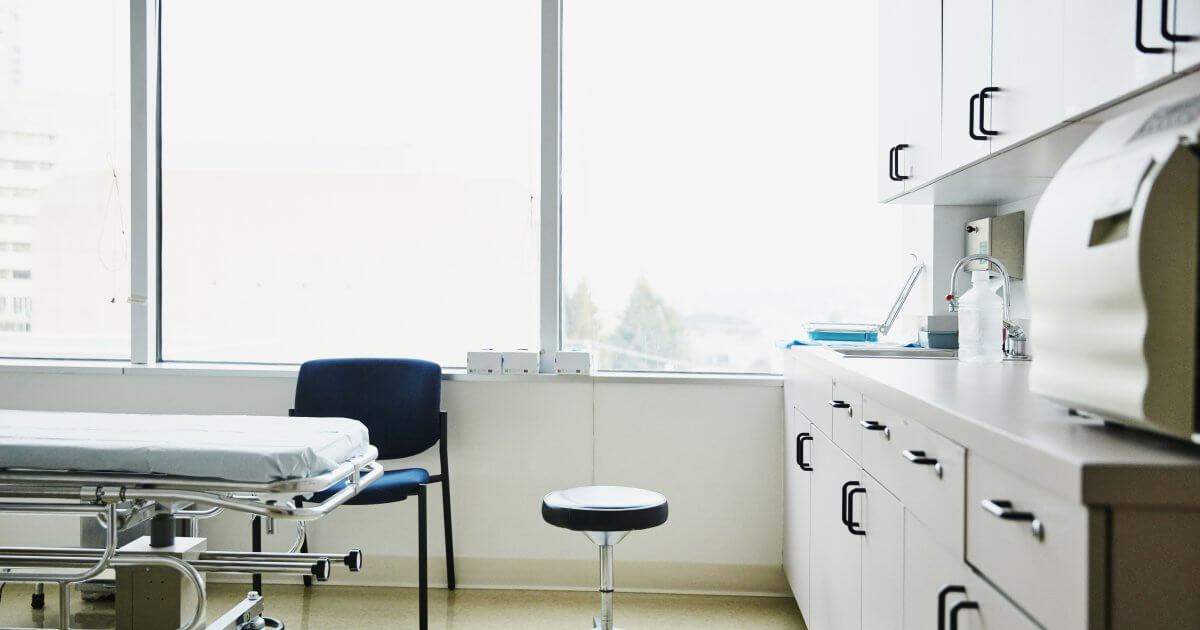Playing it Safe
- Albany Medical Center has stopped admitting new cancer patients into their oncology unit because of recent COVID-19 outbreaks, the New York hospital tells SurvivorNet in a statement.
- Top experts urge patients to not delay cancer care, as delaying screenings or treatment can greatly affect your prognosis, making it a life or death situation. "When someone's cancer gets bigger, starts to involve other structures, or even goes from curable to terminal, not curable ever, that's a tangible unfortunate event as an outcome of the pandemic.”
- If you haven’t been diagnosed with cancer, don’t delay general screenings due to COVID-19.
Albany Medical Center confirms the news to SurvivorNet in a statement that says they have been in “regular, close communication with the state” regarding the COVID-19 breakouts, which occurred on Nov. 25, Jan. 6 and Feb. 7 (with a total of 22 patients and 26 staff members having been impacted overall), according to the statement. The hospital says any claims that they were shut down by the state are false.
Read MoreThe medical center says it has been testing patients and staff every three days for COVID-19, and the patients who test positive “are placed on appropriate precautions” and “staff are sent home.” The hospital has advanced their cleaning procedures to take extra precaution, and oncology patients are “kept in private rooms as much as possible.” Patients and staff will continue wearing masks.
View this post on Instagram
Do Not Delay Cancer Treatment During COVID
Though the global pandemic has wrecked havoc on the healthcare system, cancer patients should not delay treatment under any circumstance, unless okayed by your doctor.
Related: Don't Delay Lung Cancer Immunotherapy Treatment Over Fear of COVID-19
"This is actual evidence in terms of delay affecting outcomes," Dr. Pashtoon Kasi, a clinical oncologist at the University of Iowa, tells SurvivorNet. "When someone's cancer gets bigger, starts to involve other structures, or even goes from curable to terminal, not curable ever, that's a tangible unfortunate event as an outcome of the pandemic.”
If you can’t access care in your area, it is essential to stay proactive. Research other options for treatment that may be available by car or public transportation. Seek the help of a doctor, friend, or family member if the situation is too stressful, or if you don’t feel well enough to find other options for care. Consider going to stay near a friend or family member who may be in closer proximity to more hospitals. If you have not been diagnosed with cancer, it’s important not to delay getting your screenings. Even if a hospital has limited services or isn’t admitting new patients for treatment, they may still be conducting basic screenings. Be your own advocate.
It's Important To Continue Cancer Screenings Through COVID-19
Should You Get the COVID Vaccine?
Experts agree that all cancer patients should get the vaccine at some point, though some suggest waiting until treatment is over for certain types of cancers. It is best to talk to your doctor about your specific condition and weigh the pros and cons.
“70% effective is way better than 0% effective if you don’t have a vaccine,” Dr. Vincent Rajkumar, professor of medicine at the Mayo Clinic in Rochester, Minnesota tells SurvivorNet. “In general, flu vaccines work maybe 60%, 70% of the time each year, and it varies depending on the year. But the two approved coronavirus vaccines are 95% effective in preventing symptomatic COVID. So that’s extraordinary.”
5 COVID-19 Vaccine Questions Answered by Expert Physician
Learn more about SurvivorNet's rigorous medical review process.


